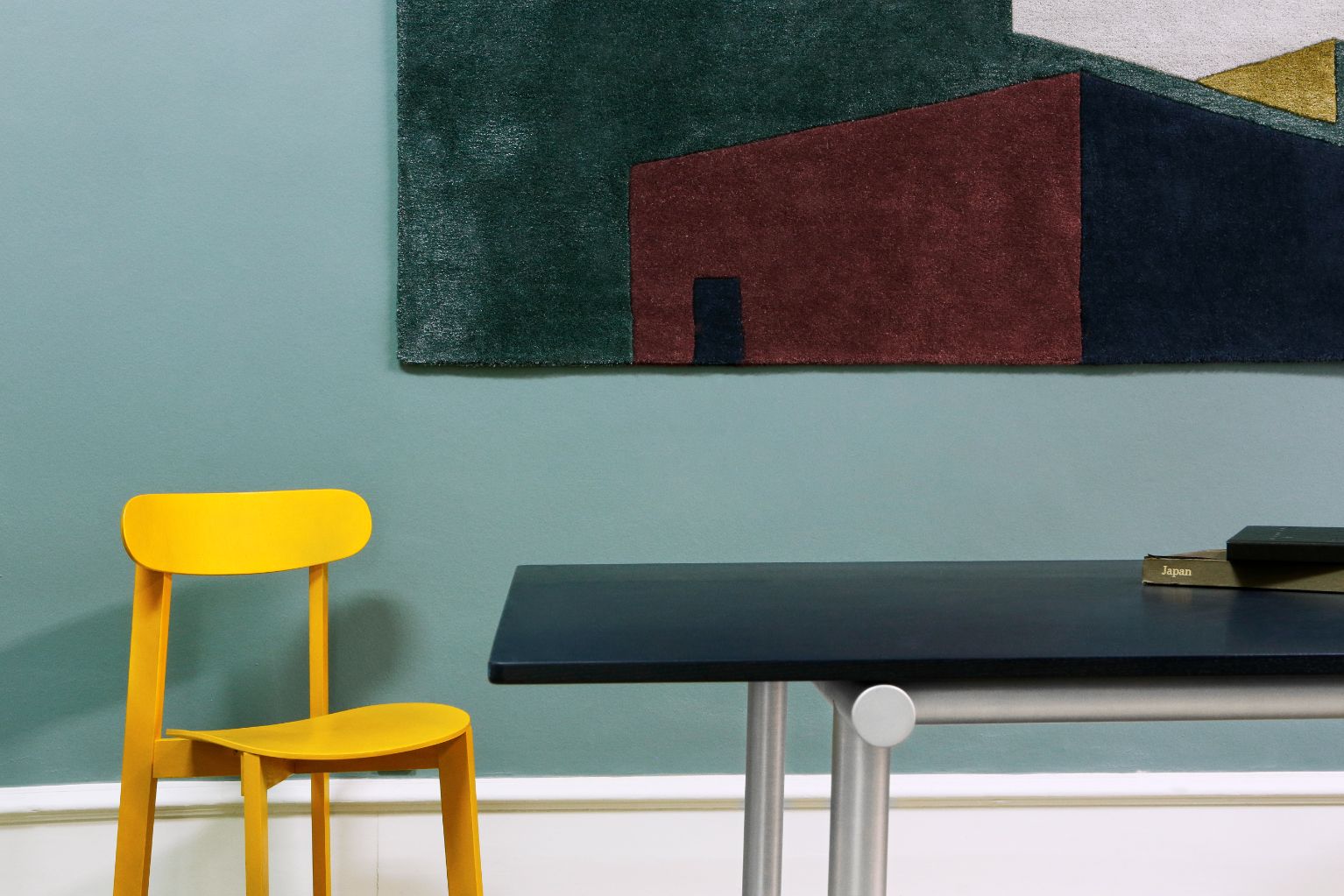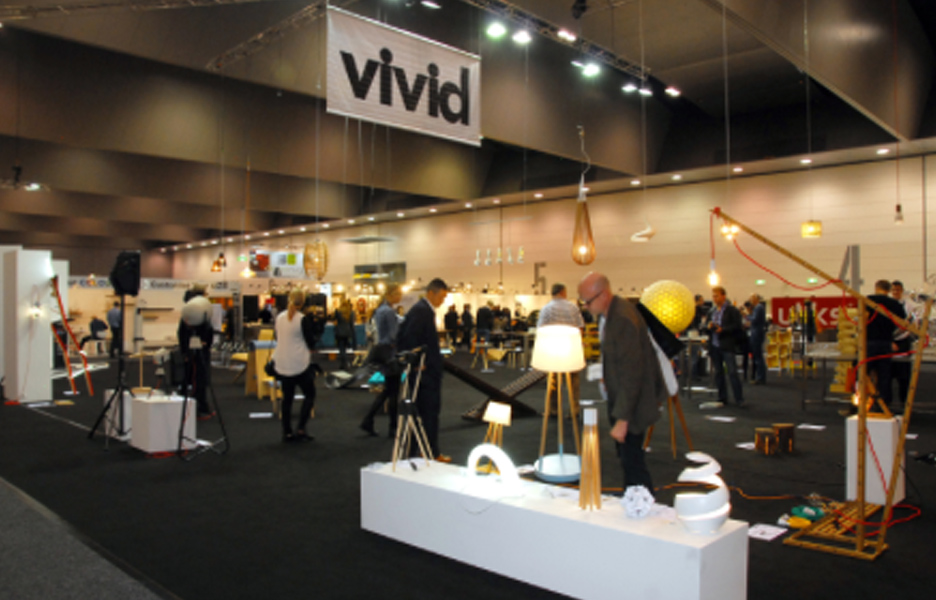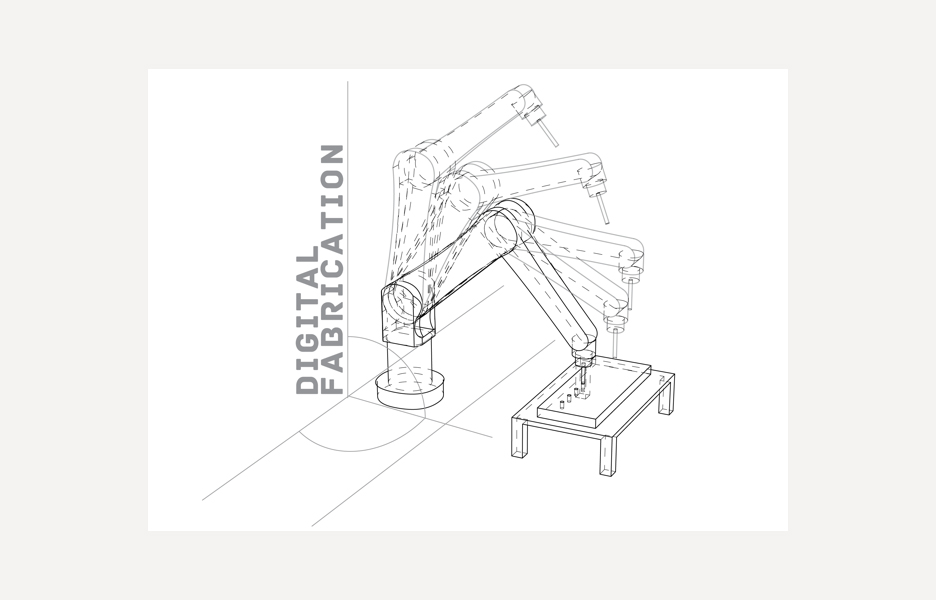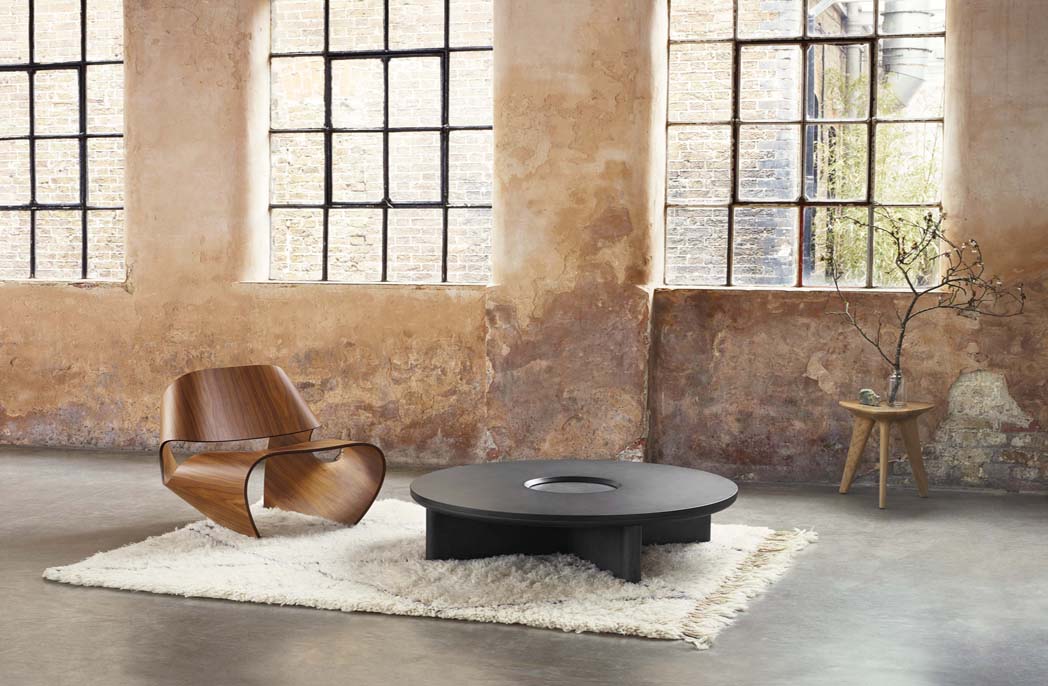
Nicole Johnson on embracing failure to rise above and forge a sustainable career
Share
Having been in the high-end design industry for 27 years, Cult brand and sustainability manager, Nicole Johnson, has developed a solid appreciation for failure. When Johnson talks to Australian Design Review about her career path and the experiences that have shaped her, she is “in the failure zone” having just been to see Elizabeth Day, British author, and host of the renowned podcast ‘How to Fail with Elizabeth Day’ speaking at Melbourne’s Hamer Hall.
“Most people don’t like to admit failure at all,” Johnson says. “But when you open that conversation up and talk about failure, you’re opening up a space of trust and vulnerability. Acknowledging that things haven’t necessarily gone to plan allows you to ask yourself, what would you do next time to make sure that doesn’t happen again? This has been the guiding principle of my career.”
Johnson began her career in the late 1990s, starting out in high-end textile sales for Woven Image Textiles. What drew her to the design industry initially, and what she appreciates most about it to this day, is the fact that quality is deeply embedded into every aspect of it. “In every role I’ve had, I’ve been working for companies that champion quality,” Johnson says. “For me, quality is where sustainability begins. Quality means longevity. And it’s also about responsibility.”
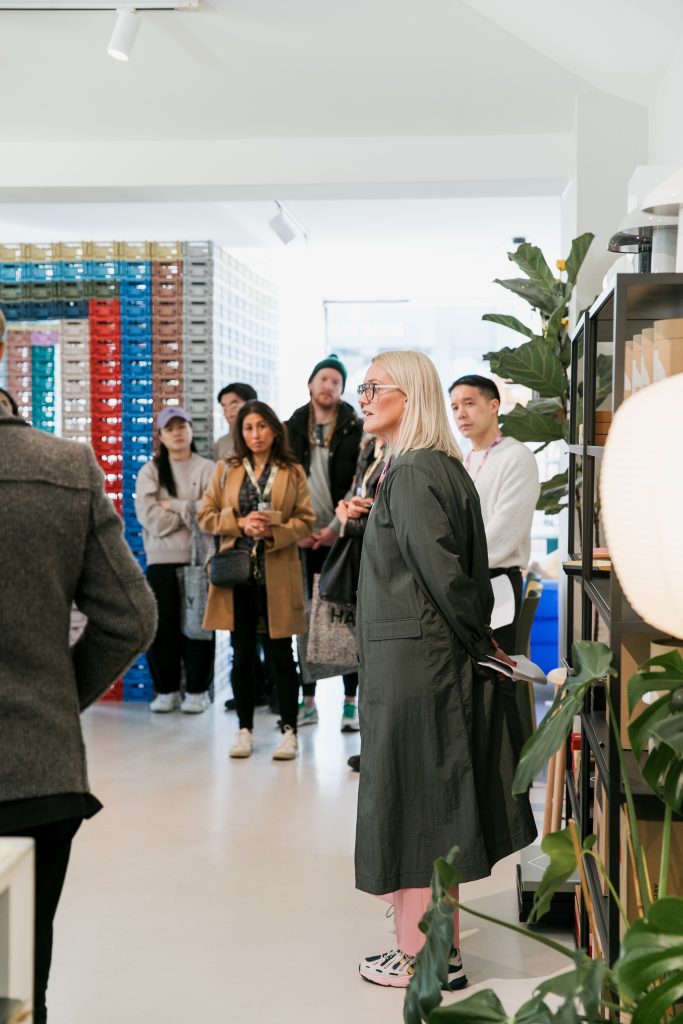
Johnson’s career has taken her from textiles to furniture, back to textiles, and now back to furniture in a newly created sustainability manager role for leading Australian designer furniture brand, Cult. Johnson has excelled due to her ability to bring her quality and sustainability ethos together with her philosophy around failure and the capacity for failure to teach and bring people together.
“Within my role at Cult, one of my key goals is to make sure everything that we’re doing has a purpose and a true need,” Johnson says. “We’re continually learning and saying to ourselves, with respect to sustainability, this is our reality right now. This is what we can do. The next piece is to learn from any failures and think about how we’re going to do things better in the future.”
Prior to joining Cult 12 months ago, Johnson worked in a high-level sales role for Kvadrat Maharam, a global leader when it comes to textile innovations and sustainability. During her time with Kvadrat Maharam, Johnson was shoulder-tapped to take part in their global High Performance Academy. Over 12 months, the program allowed her not only to develop her knowledge and understanding of the textile industry but also to develop her business acumen and challenge her on a personal level.
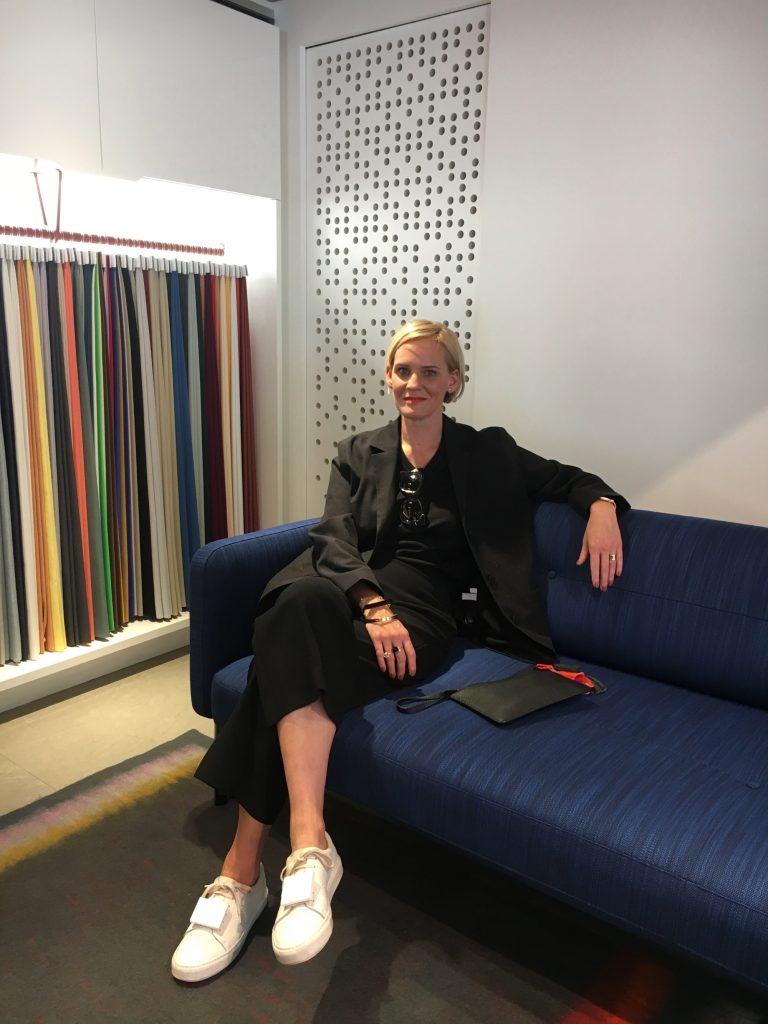
“I’d flown over to Denmark to present my project in front of the global cohort and management team,” Johnson says. “When I arrived, I thought my God, all these people around me are really really good at what they do, so I was already really stressed and nervous. Then, when I got up to present in front of the group, the format of my presentation was all wrong. It was okay on my computer, but on the large screen, it was completely misaligned. It was a horrible experience. It felt like the worst presentation of my entire career.”
What Johnson took away from this failure was twofold. First, she was reminded of the value of being prepared and practising presentations, or anything for that matter, in the final format. Secondly, it is through failure that learning, and growth occur.
While a presentation not going according to plan may seem an insignificant failure in the grand scheme of things, taking this experience and learning from it speaks to the commitment to excellence and quality that informs everything Johnson does.
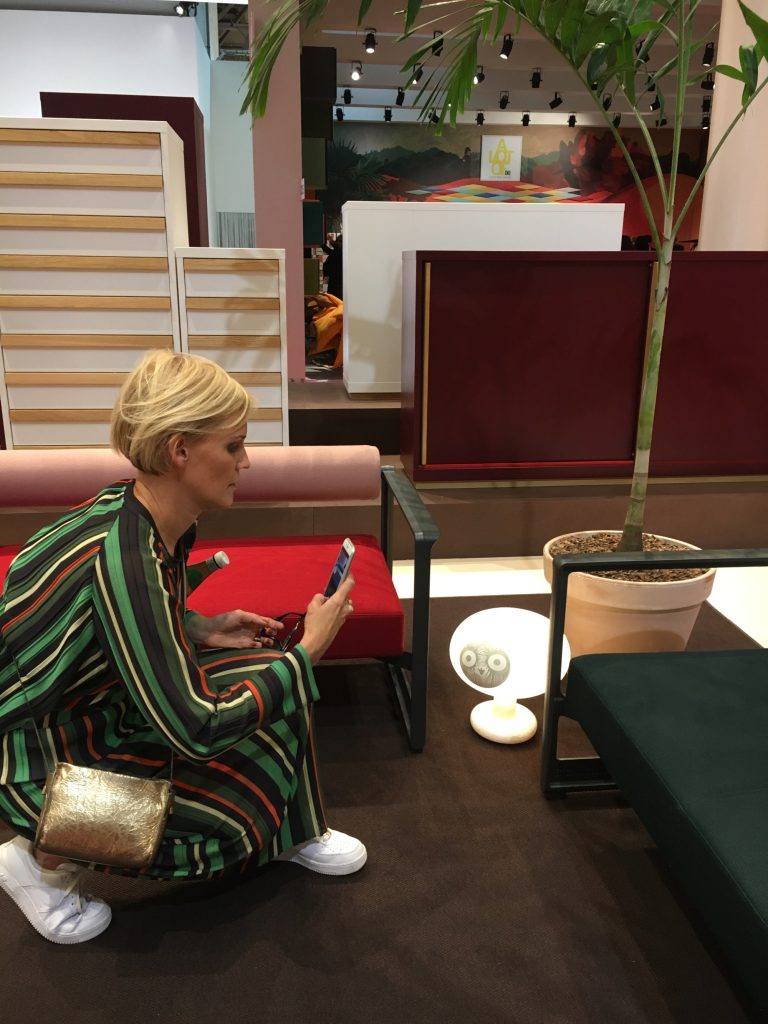
Johnson’s time at Kvadrat Maharam set her up to take on the role she now holds at Cult. Not only did she absorb best practices concerning sustainability, she also honed her approach to guiding and managing teams and business units to bring about meaningful business-wide change.
“Cult’s approach to sustainability encompasses all aspects of our business and while we acknowledge that business and product certification is key in demonstrating transparency across our products and practices, we believe sustainability is much more than certification,” Johnson says. “Sustainability is an expansive topic, encompassing both environmental and social practices. We’re working on implementing change at both micro and macro levels.”
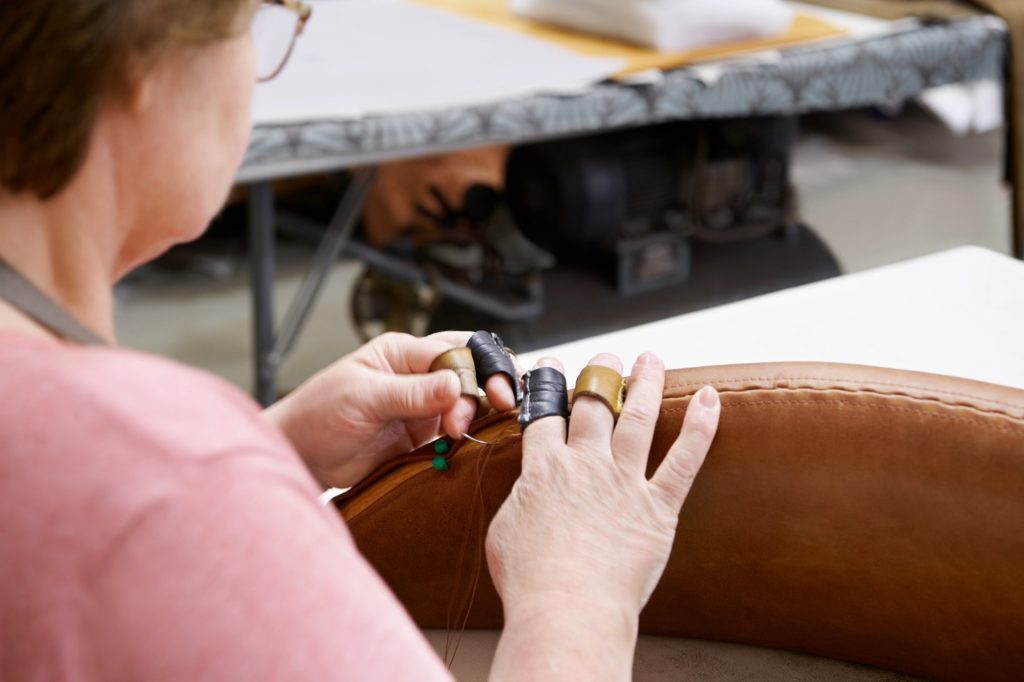
What this means on a tangible level is a shift in approach to sales team education and training, as well as nudging clients to think about the quality of materials and longevity of the design itself. “Prior to the GFC (global financial crisis) in 2008, when I was in sales, the attitude was sell, sell, sell,” Johnson recalls. “That is not the case anymore. A big part of what I champion at Cult is for our team to truly understand every aspect of our products. We drill down into everything, making sure we know as much as we can about the product’s origins, certifications, materials, everything.”
Being so conscious and aware of the inputs of a product doesn’t in any way detract from beauty in Johnson’s view. In fact, she rejects the prevailing notion that for a product or design to be sustainable, its aesthetic qualities and inherent beauty are diluted. “We’ve had to learn a lot very quickly about sustainability and what it means within the context of our industry,” Johnson admits. “But, we can’t lose the beauty in our lives. Creating beauty is why we’re here. The question for me is how do we continue to put great design and beauty into the world, but do so in a more considered way? We need beauty now as much as we did before.”
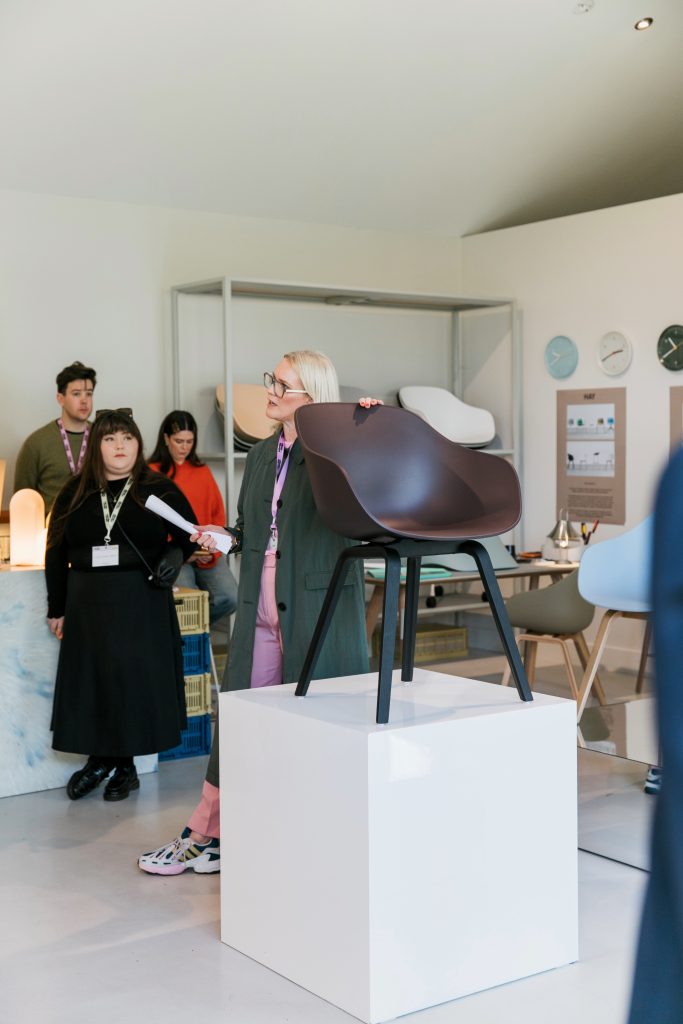
One aspect of this considered approach is to work alongside clients to think about longer leases, in effect changing the business model of the design industry and commercial office leasing. A typical commercial office lease term is five years, Johnson says. What she is encouraging, and having conversations with her team and clients about, is thinking about leases for 10 years or even longer. From Cult’s perspective, this opens the door to thinking about product lifecycles, repair and reuse models, and modularity that will better enable a commercial project to grow and evolve over time without the need for a complete strip out and refit.
This idea of longevity is partly associated with nurturing, a quality traditionally attributed to women. “While nurturing and caring traits are not exclusive to any gender, they are commonly associated with females,” Johnson says.
When asked if changing the business model — encouraging leasing agents and designers to think long-term through the lens of nurturing and caring — conflicted with the business’s bottom line, Johnson rejected this notion without missing a beat. “A business needs money to operate, that’s part of what sustainable business is. The bottom line is always going to be top of mind. But, what we are doing through these conversations is thinking about business performance and relationships from a different perspective. Not just sales volume. It’s thinking about how we support the different facets of the industry so that we can all be more sustainable across multiple metrics.”

As many high-achieving professionals will know, this level of dedication, passion, and nurturing, can be a double-edged sword. Particularly when it comes to juggling a successful career and parenting. Like many working mothers, Johnson is all too familiar with the challenges of unexpected, last-minute things appearing from the depths of a school bag. “Just last night my son said he needed a red t-shirt for sports. I was like, why did you not tell me on Saturday when I was at the shops? When am I going to fit this in?”
Johnson acknowledges that in 2024, there is a lot more flexibility for working mothers compared to when she started her career, and she, like many of her peers, embraces the flexibility that technology has brought to her working week. Not only does it potentially allow her to fit in picking up a red t-shirt for her son, but it also means she can work from home when she needs a quiet environment away from the Cult showroom where there is always so much activity.
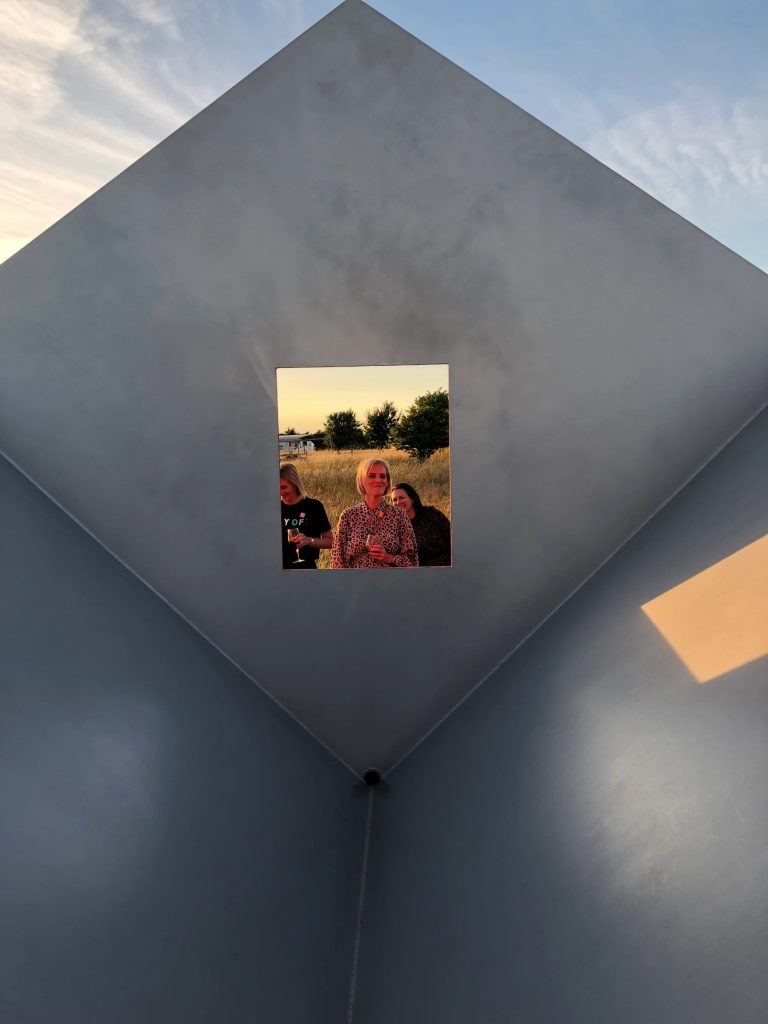
Nevertheless, Johnson still finds herself having conversations with other women who comment that they hear men quipping that “they’re babysitting their own children”. Fortunately for Johnson, this has not been her experience. “I have always travelled a lot over the course of my career, both interstate and internationally. I am lucky that my husband and I have a very equal and supportive relationship.”
While a supportive relationship certainly goes a long way to career success, regardless of whether you’re male or female, it is clear that the value Johnson places on relationships, embracing the lessons of failure, and believing in the strength that comes from tapping into the feminine traits of nurturing and empathy are at the heart of Johnson’s success.
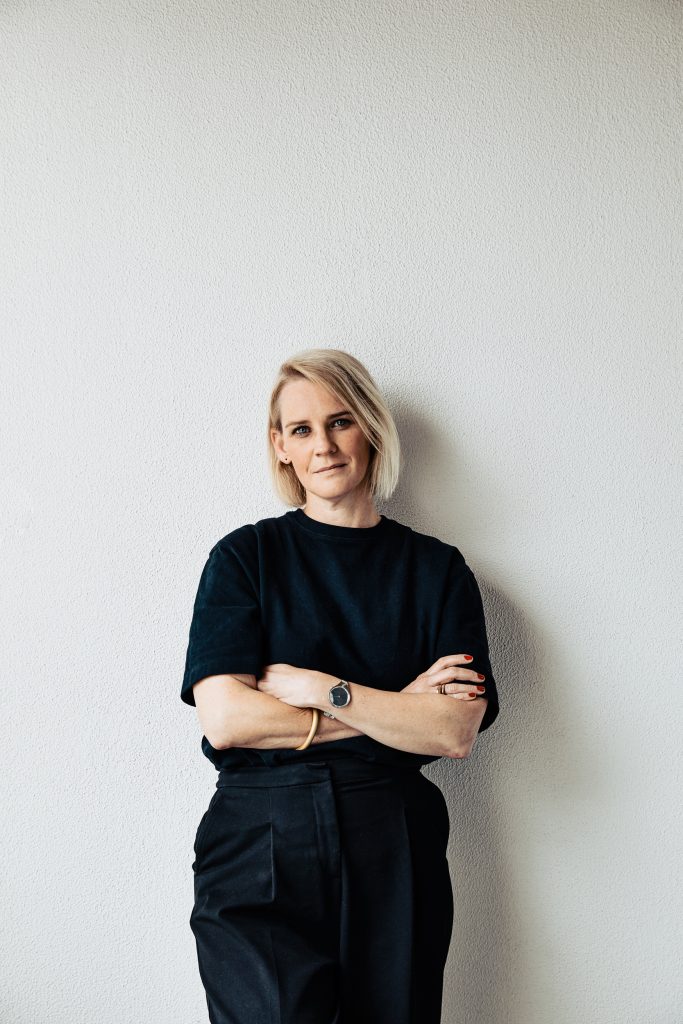
When asked if she had a quote of philosophy that she returns to, Johnson shares the words of British businesswoman-turned-government advisor Mary Portas: “I really, really do believe that the future of being successful in work is going to be about embracing all of those wonderful things women bring — empathy, collaboration, flexibility — all those wonderful feminine traits we’ve suppressed for too long”.
With smart, passionate women like Johnson spearheading sustainability initiatives in influential companies such as Cult, and doing so in a way that embraces the unique qualities that women bring to the workplace, the industry is in very good hands.
All images supplied by Cult and Nicole Johnson. Lead image, Nicole Johnson with the Hay Chroma range.
For the month of March, in recognition of International Women’s day, Australian Design Review will be shining a spotlight on women of influence in architecture and interior design. While we pride ourselves on championing women and people from underrepresented groups at all times, we believe it’s necessary to recognise the achievements of individuals who have risen to the top, despite social- or industry-related imbalances. As well as bringing you profiles and project features that celebrate the work of game-changing, innovative women, we’ll also lean into the very real, yet rarely discussed realities of working in an industry that still holds onto traditional modes of working that aren’t always inclusive or supportive. It’s our privilege this month to bring you profiles and features that celebrate the unique perspectives and talents that women bring to the architecture and interior design industry.
You Might also Like

